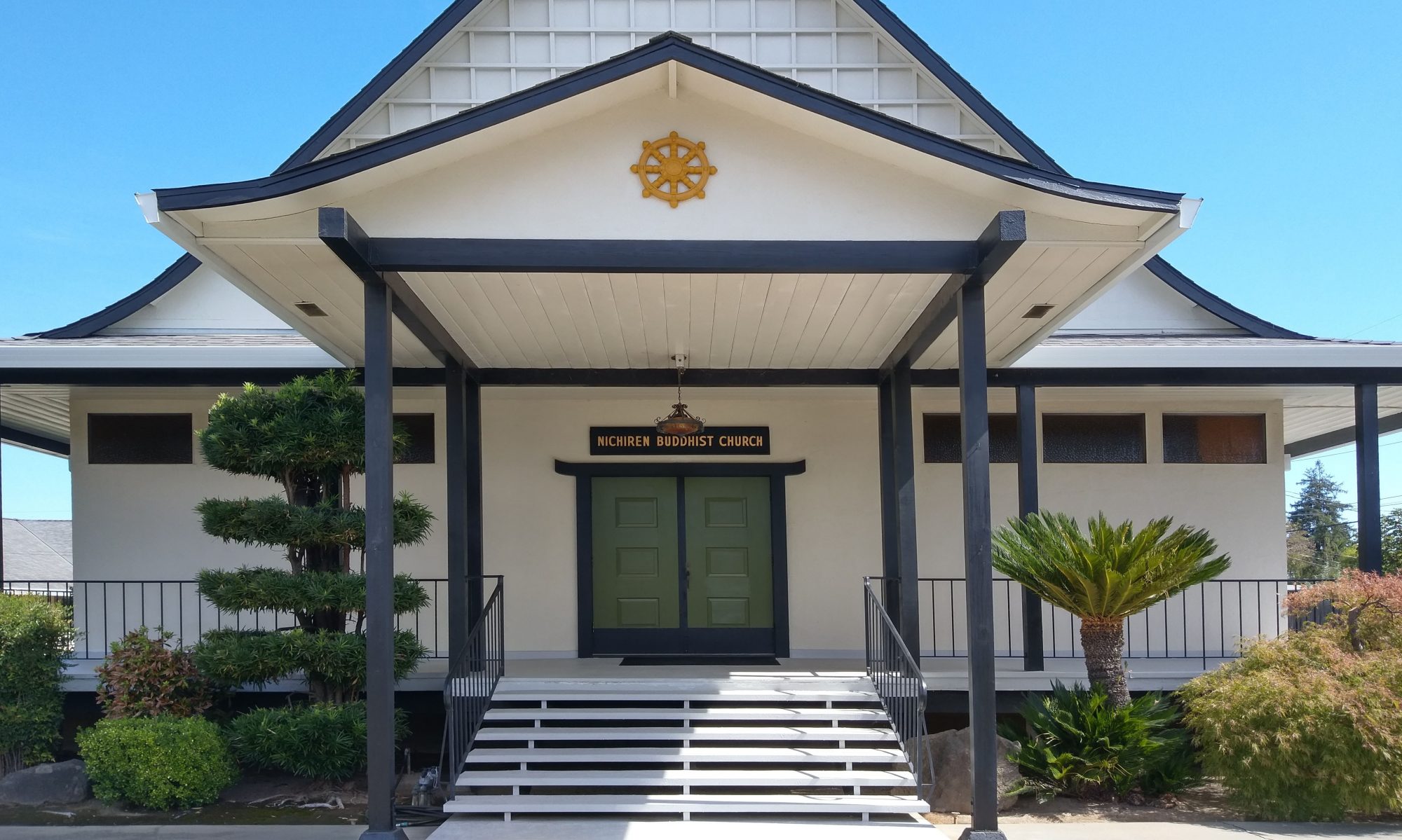When we think of July, the first thing that comes to our mind is usually Obon. Because I know that everyone already knows a lot about Obon already, it probably isn’t necessary for me to explain the meaning of Obon again. However, it is necessary to once again reflect and understand the true meaning of Obon. Obon is an abbreviation of Urabon-e, which is a transliteration of the Indian word “ullambana,” a word that denotes the suffering that comes from being hung upside down.
Among Buddha’s disciples, there was one named Maudgalyāyana who possessed exceptional divine powers. In Japan he is as Mokuren. By means of his divine powers he sought to see what was happening to his mother after her death, only to find she had fallen into and was suffering in the hell of hung-y spirits. Whatever she tied to eat turned into fire and could not be eaten. Mokuren was shocked at seeing his mother suffering as much as if she had been hung upside down and he sought the counsel of the Buddha. The Buddha then taught his disciples to donate food and pray for their mothers’ happiness on July 15, the day that their rainy season practices came to an end. From this event, “ullambana” which venerates one’s ancestors came to be carried out on July 15. In Japan this merged with the folk custom of ancestor worship which had its in the most ancient times and became a unique custom. The first Obon was said to have been observed on July 15 in the year 606 during the time of the Empress Suiko. Probably because it suited the feelings of the Japanese people who had believed in and venerated the souls of their ancestors, urabon-e because established in this Japanese form.
When we reflect on this story, we must remember to think about why Mokuren’s mother was in the hell of hungry spirits. His mother was in there because she didn’t want her children to starve and to provide them enough of what they desired and so she had to be greedy. With that, she fell into the realm of hungry spirits. Is this not something that can be said about parents today as well? During Obon, it is possible to open the gates of hell to release your ancestors and let them return to their family. This is why, we must pray for them in order to show your respect towards those that are not with you in this world anymore.
Your loved ones will return from the spiritual world to your house and so please show them your respect during those four days of Obon.
Ven. Kenjo Igarashi
July/August 2022
